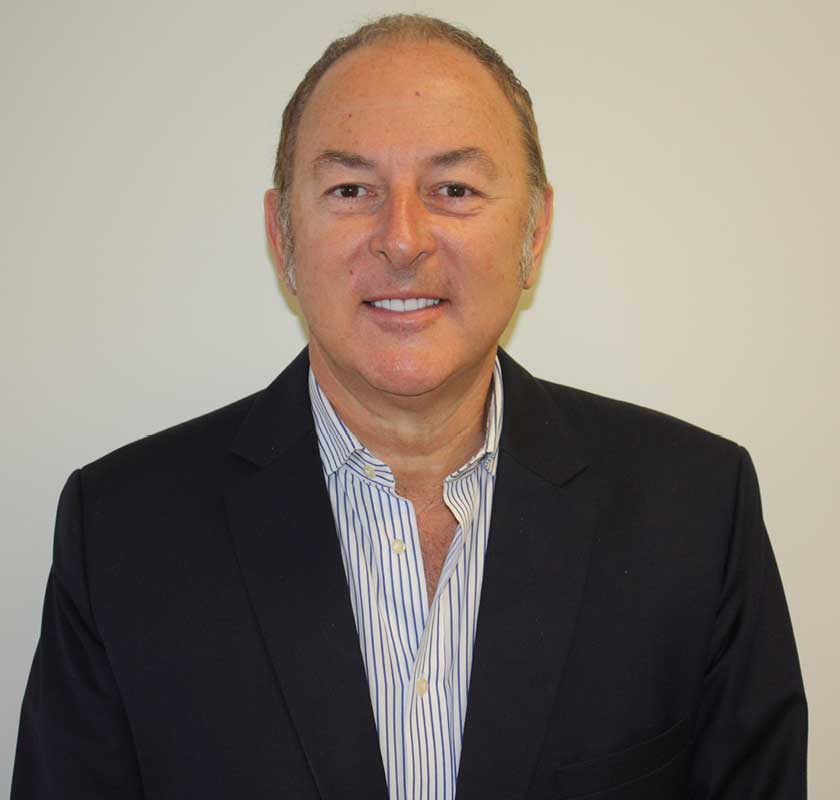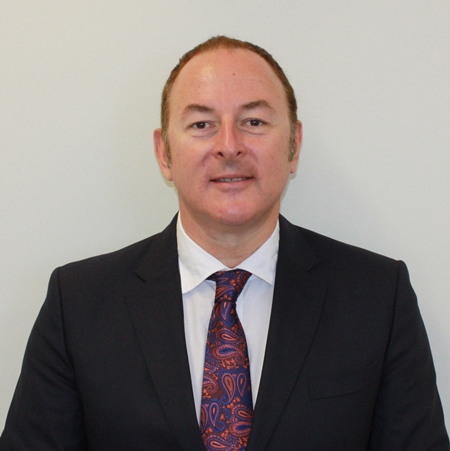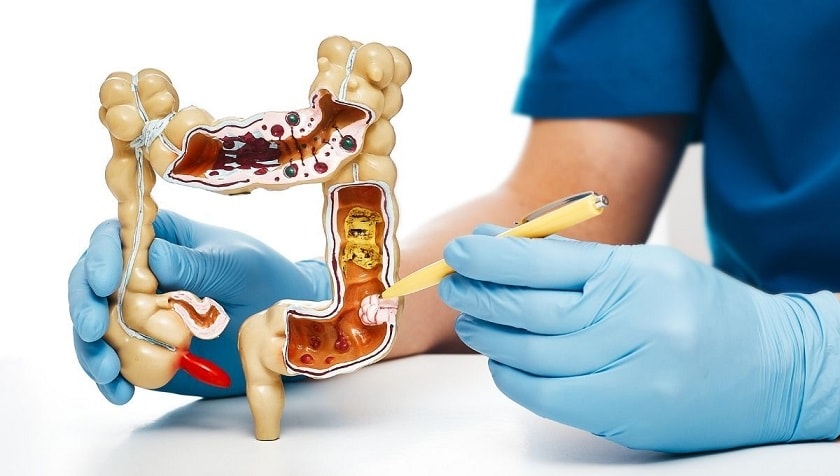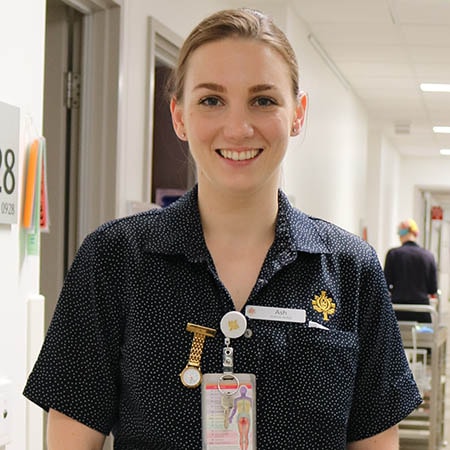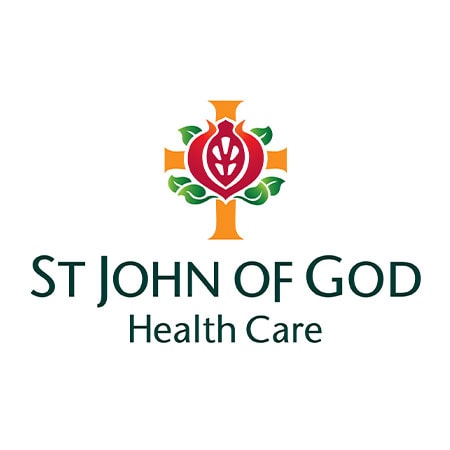In this blog post, St John of God Subiaco Hospital Oncologist Dr Andrew Dean explains the different stages of cancer.
Staging was originally introduced as a method of communicating the best approach for treatment.
Stage one
A stage one cancer is very early and hasn’t shown any signs of spreading. Therefore, the treatment is generally surgical.
Stage two
Generally a stage two cancer is either a bigger cancer or a cancer that's spread to nearby lymph nodes.
Bowel cancer is the exception.
Stage two bowel cancer refers to the size of the tumour rather than involvement of the lymph nodes. Once the lymph nodes are involved in bowel cancer it becomes stage three.
Stage three
Stage three is what we call a locally advanced cancer.
For instance, you may have a locally advanced breast cancer that cannot be cured through surgery alone.
Therefore, you have chemotherapy or radiotherapy first in an effort to shrink the tumour, which is then removed surgically with curative intent.
Stage four
Stage four is where the tumour has spread to distant organs.
At this stage surgery is generally not part of the treatment plan, with the exception of some cases such as ovarian cancer.
Ovarian cancer can spread to the lining of the lung, causing fluid around the lung.
This is regarded as a stage four ovarian cancer, which is usually treated with chemotherapy first and then surgery, followed by more chemotherapy. The cure rate for cases like these is significant.
The biggest misconception is that stage four is not curable. There are a number of stage four tumours are still curable.
For example, the cure rate for stage four lymphoma are around 50-60%.
I have patients with stage four breast cancer and stage four colon cancer that have been cured with prolonged therapy.
To learn more about our complete cancer care.

